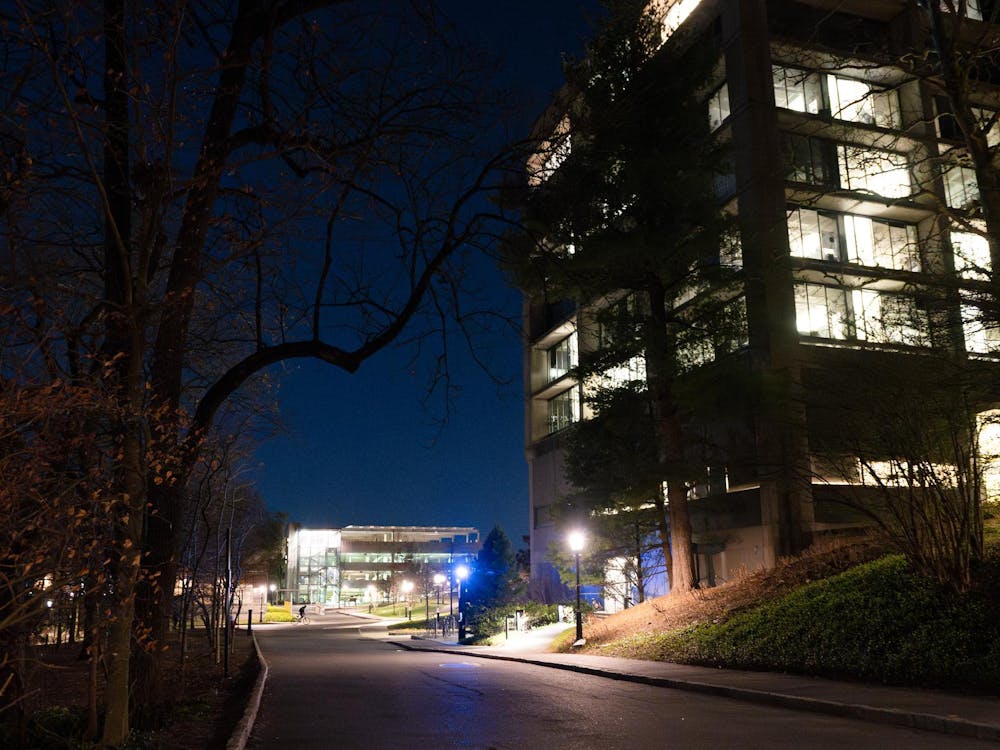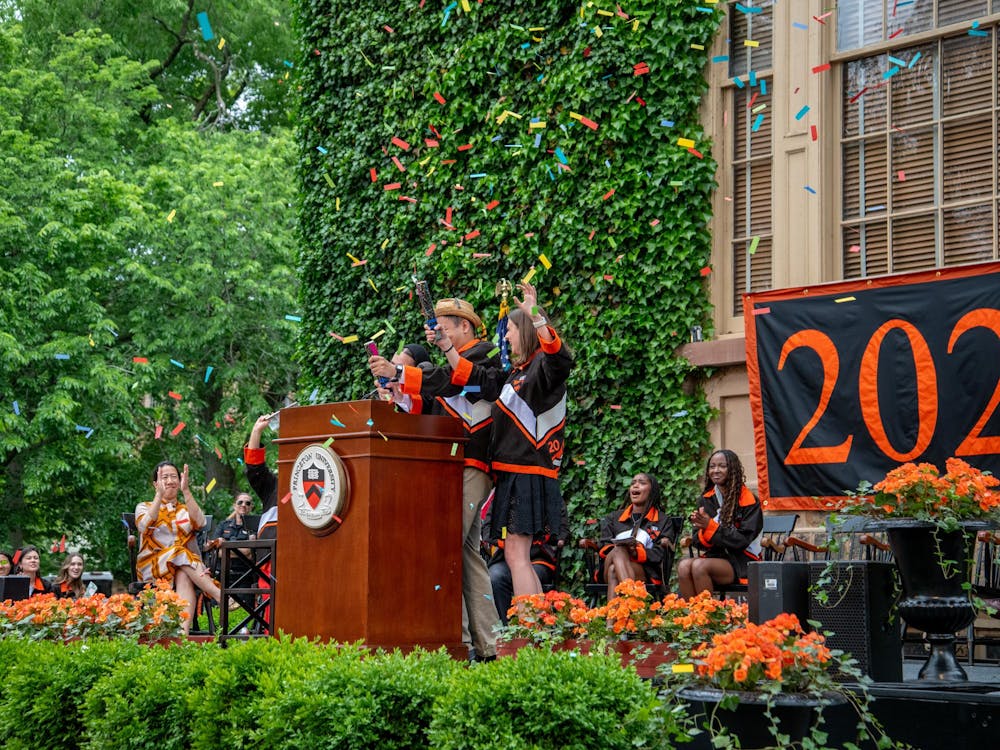This past week, Cannon Club announced that it would offer juniors a discount to entice them to join Cannon Dial Elm Club. The club will reduce dues for the 2012-13 academic year by $637.50 for members of the Class of 2013. This amount is worth 75 percent of the cost of the club’s social membership. It sounds like a steal, but there’s actually a lot more going on in that deal, meaning that the hidden risks and forgotten intangibles make the “bargain” still quite expensive.
The savings only apply to those who become full members of the club, when they are full members. Social membership still comes in at the full $850 price for all. The deal is structured so that, financially speaking, members of the Class of 2013 pay less to be to be full members next year. The social membership is only cheaper by a trick of wording. As of yet, it appears that Cannon will only have social members for the 2011-12 academic year.
Additionally, the true cost of full-time membership in Cannon is still unknown. The full membership dues for the other 10 eating clubs range from $7,300 to $8,270, according to what is advertised on the Princeton Prospect Foundation website. The financial value of Cannon’s offer to the Class of 2013 all depends on how much they eventually charge full members. If Cannon falls into the higher end of that range, the deal will fail to make Cannon cheaper than other clubs.
For juniors, Cannon must overcome the opportunity cost of staying with one’s current dining situation. There’s a significant amount of potential loss, better known as risk, because no one really knows how Cannon will turn out. Presumably Cannon will have Formals, Lawnparties and themed parties similar to those elsewhere on the Street. However, Cannon currently does not have any traditions or experience of how to run events. There’s no accumulation of lessons learned about what the membership has enjoyed. It probably will create a fun time for some people, but at the moment there is only speculation about the kinds of events that will occur and how they will be executed. Joining Cannon requires juniors to abandon their residential college, eating club, co-op or independent dorms. That means leaving a safe, known option for Cannon’s unknown. If the potential reward is similar, taking that risk is kind of irrational.
With time and effort, people can offset that risk by building the club they want themselves. For this year, Cannon’s events will be run by its Bicker committee, all members of the Class of 2014. Presumably its first officer corps will be composed of the only individuals with experience: their Bicker committee. That means that Cannon’s officers will be struggling to create events while still trying to get to know the Cannon members of the Class of 2013. It’s a recipe for miscommunication and dissatisfaction, because officers need to be close to the members to do their jobs properly. Unless Cannon generates the strong inter-year bonds that other clubs have, it’s likely that Cannon’s officers will fail to properly value the opinions of the Class of 2013.
As I argued last year, Cannon needs to build itself more slowly. It needs to grow a positive culture in which sophomores want to invest themselves, to create a thriving club. Scavenging for paying bodies is a bad strategy; instead, Cannon’s members must figure out what they want for the club and build up to that goal.
Eating clubs are about more than just better food or kegs of beer. Eating clubs are associated with a number of intangible benefits that cannot be fully captured by description alone, because those benefits derive from feeling like one fits into one’s club. I love my club for everything provided by members: the conversations at meals, the late-night shenanigans, the smack talk during games, the feeling of being at home in the club house and much more. Eventually those benefits will materialize in Cannon, but there’s the risk of those benefits not materializing in time for the Class of 2013.
It’s surprising that even 50 current juniors and seniors have applied to join Cannon, even if applying does not require agreeing to join. Even a $637.50 discount on an unknown full membership fee is far too little given the higher likelihood of members of the Class of 2013 graduating having had less fun than they would have had in their current eating situations. Simply put: Cannon is too risky for the Class of 2013 at the price being offered.
Christopher Troein is an economics major from Windsor, England. He can be reached at ctroein@princeton.edu.








